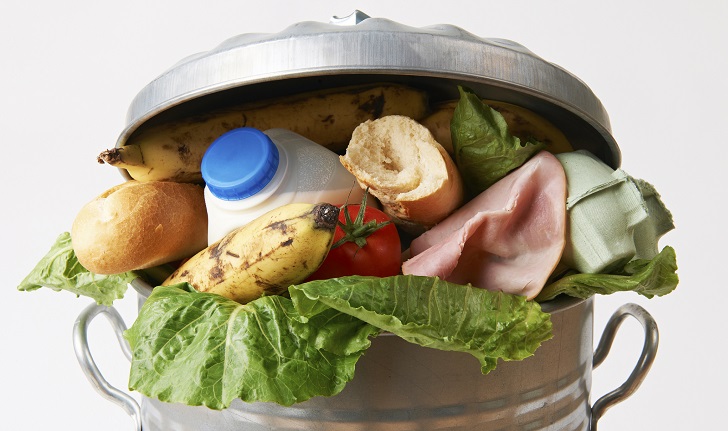What did you do with your leftover turkey after Thanksgiving? Did you make it into sandwiches, soup, or did some of it find its way into the trash?
The holidays are a great time for all of us to think about ways we can reduce food waste, which is currently estimated to be as high as 30-40 percent of our nation’s food supply (according to the USDA).
To reduce your food waste, consider the following tips:
- Purchase only what you know you will eat. The first step to reducing food waste is tracking what and how much food is wasted, and trying to figure out why. Buying less of the wasted food in the future is an easy step. When a food service organization does this it is called “source reduction.” You can practice this on an individual level by looking for different size packages of food and only buying the package that is closest to the amount of food you need. You can also purchase some foods from a grocery store salad bar or in the “bulk” (self-serve section) where you can pay by weight and only get the amount you need. For example, if you need ½ cup of black beans for soup you are making, check if they are offered on a salad bar before purchasing a whole can.
- Get creative with recipes. Using excess food items (that would otherwise be wasted) in upcoming meals is another way to reduce food waste. For example, leftover vegetables could be used in casseroles, omelets, or salad.
- Donate extra food. If excess food is not expired, it can be donated. Research and contact local food pantries or shelters to see what local guidelines are for donated food. The EPA has great resources that can also help you learn more about donating food.
- Consider composting. If food is expired or for some other reason cannot be donated, you can still try to keep it out of the landfill. It can be turned into compost and used at home or a community garden. Several VA facilities are composting and have used this “black gold” in their Veteran gardens.
For more information on food waste, what other organizations are doing, and what you can do to reduce it, check out the USDA and these tips.

Topics in this story
More Stories
Dorothy “Pat” Rudd, 103, World War II Navy Veteran, has lived a life of service, pioneering the way for women in the military.
VA employees help return WWII items to two brothers’ families. Both brothers were WWII Veterans.
The Veterans self-check assessment takes about 10 minutes to complete and has resources that can help if stress and depression are affecting you.





